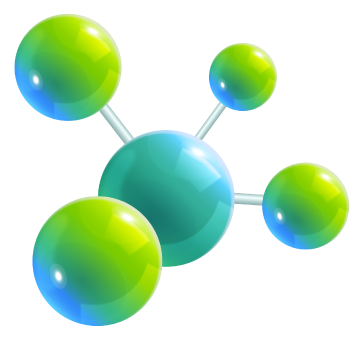
Food Testing Laboratory in Dubai
Food analysis is the process of examining the composition, quality and safety of food products to ensure they meet regulatory standards and consumer expectations. It involves the study of various components such as proteins, fats, carbohydrates, vitamins, minerals, Microbial contaminants and additives. This analysis plays a critical role in determining the nutritional value of food, identifying contaminants and verifying label claims.
One important aspect of food analysis is ensuring that food products are free from harmful substances like pesticides, heavy metals and microbial pathogens. Techniques such as chromatography, mass spectrometry and microbiological testing are used to detect these contaminants at trace levels. Additionally, food analysis helps monitor the presence of allergens, which is crucial for consumer safety.
The process also supports quality control by analyzing physical characteristics such as texture, color, odor, taste ensuring that the food is consistent in appearance and flavor.
Moreover, it aids in developing new food products, optimizing formulations and meeting legal requirements set by food safety authorities.
Overall, food analysis is vital for protecting public health, enhancing food quality and ensuring transparency in the food industry. It provides valuable information for both manufacturers and consumers, supporting informed choices and maintaining food safety and quality throughout the supply chain.
As a premier food testing laboratory in Dubai, we offer comprehensive and reliable testing solutions, including pathogen testing, seafood analysis, non-seafood analysis, and shelf life testing, to ensure the safety, quality, and compliance of your food products.
Are you looking for a trusted food testing laboratory? Contact us today!
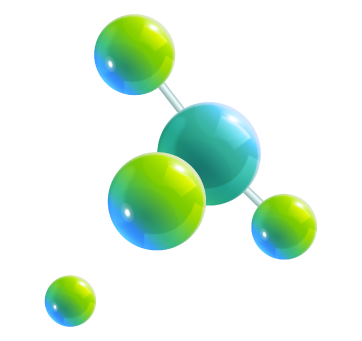
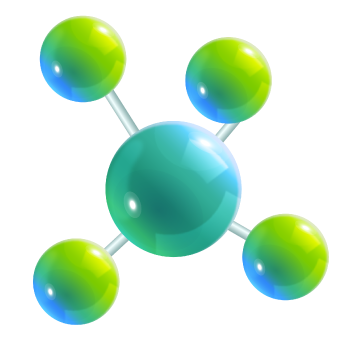
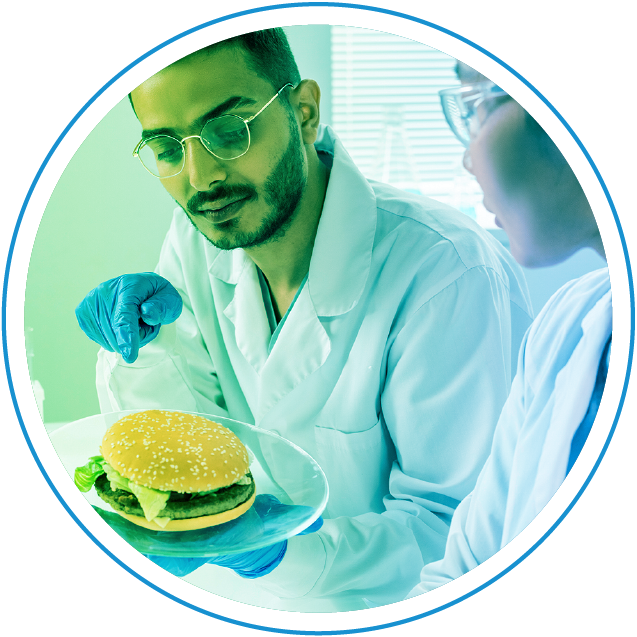
Ready to Eat Food Analysis
Bacillus cereus, TPC, E.coli, Salmonella Sp. Staphylococcus aureus, Listeria sp, E.coli 0157.
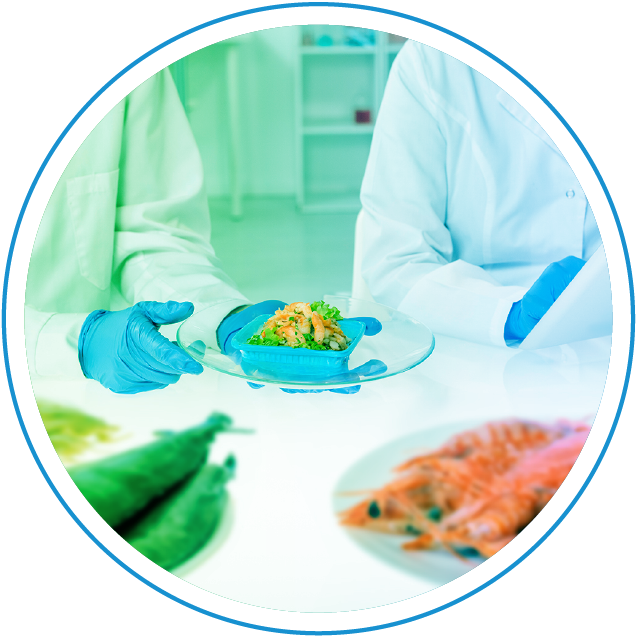
Sea Food Analysis
TPC, E.coli, Salmonella Sp. Staphylococcus aureus, vibrio parahaemolyticus Listeria sp, E.coli 0157.
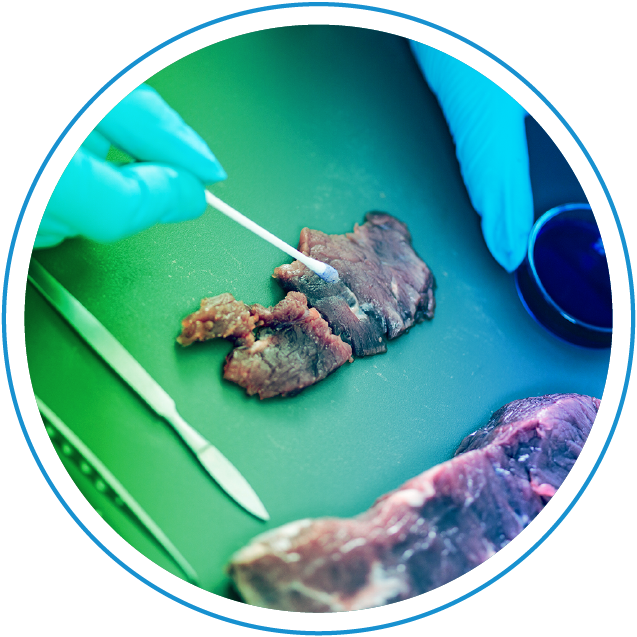
Non Sea Food Analysis
TPC, E.coli, Salmonella Sp. Staphylococcus aureus, Bacillus cerus, Listeria sp, E.coli 0157.
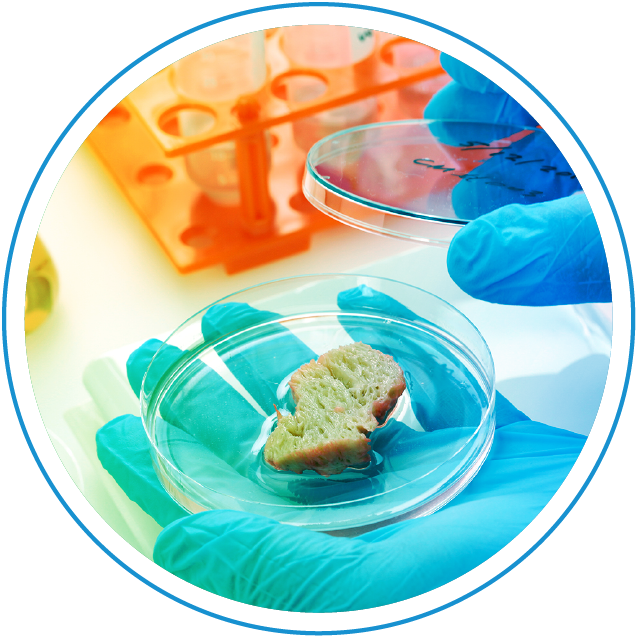
Microbiological Shelf-life Study
TPC, E. coli, Salmonella Sp. Staphylococcus aureus, vibrio parahaemolyticus, Fungal, Listeria sp, Bacillus cereus.
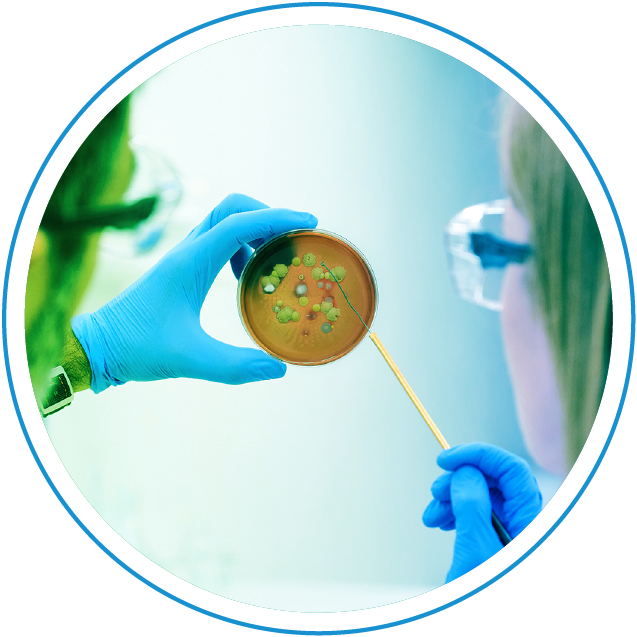
Pathogen Testing
Salmonella, Vibrio parahaemolyticus, Listeria, Monocytogenes, Clostridium, E.Coli 0157, Campylobacter jejuni.
